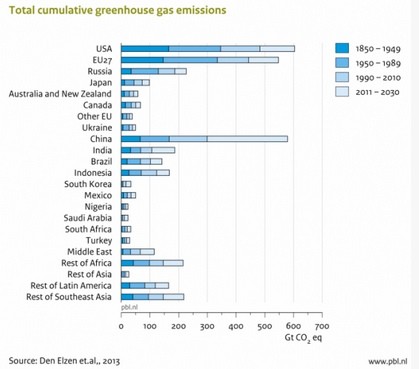Deploring spin doctors. Once upon a time, many, many years ago, MPs used to stand up and ask a question about something that interested or concerned them. Sometimes ministers did not even know what was coming, even if the questioner was from their own political side. Alas, that kind of real interrogation has vanished from Canberra life. These days government backbenchers are told what to ask so a minister can carefully give the prepared answer. On the other side of the house a few frontbenchers monopolise the questioning aiming to get a short grab of their words on television rather than provoking a meaningful response.
This silly game of charades has developed further to the point where the party apparatchiks send out each morning’s catch phrases to be emailed, tweeted and uttered by all and sundry. Members of Parliament are now little more than robot drones to be manipulated by their spinners.
It is the need to be seen playing the game in order to get political promotion that prompts these otherwise intelligent and sensible people to be so supine. Only the retired, or nearly so, occasionally break ranks, like the former Liberal Democrat leader Lord Steel did in the UK this week when he launched a despairing attack on the prevalence of spin doctors in politics, noting that he is given “daily outpourings of tweets to circulate” and bombarded by email with “lines to take” on current issues.
“‘The increasing role of spin doctors is to be deplored,’ he said.
“‘They hand out questions for MPs to ask, and they daily bombard party activists by email with ‘lines to take’. Even I as a humble member of the upper house receive daily doses of laundry lists of the alleged achievements of the Lib Dems in the coalition government, and a selection of press coverage — all favourable of course — nothing critical such as the universally hostile editorial coverage of the last peerage list.”
Back towards centralised power. The credo of “let the managers manage” that has prevailed in the public service for the last couple of decades has taken a big step backwards with the new restrictions on recruitment imposed yesterday by the federal government. The Public Service Commission returns to being the central body deciding if and when outsiders can be brought in. It is making me quite nostalgic.
Wise words of warning. Prime Minister Tony Abbott should frame today’s Courier-Mail front page and keep it on his desk as a permanent reminder of the difficult times ahead. Australian politics has not seen the likes of Clive Palmer in a position of power before.

A little glimmer of optimism. A report from the Netherlands Environmental Assessment Agency out this week (Trends in global CO2 emissions) shows that while actual global emissions of carbon dioxide (CO2) reached a new record of 34.5 billion tonnes in 2012, the increase in global CO2 emissions in that year slowed down to 1.1%. This, said the agency, was less than half the average annual increase of 2.9% over the last decade.
“This is remarkable, as the global economy grew by 3.5%. This development signals a shift towards less fossil-fuel-intensive activities, more use of renewable energy and increased energy saving. Increases in fossil-fuel consumption in 2012 were 2.2% for natural gas, 0.9% for oil products, and 0.6% for coal.
“The share of the ‘new’ renewable energy sources solar, wind and biofuel increased at an accelerating speed: from 1992 it took 15 years for the share to double from 0.5% to 1.1%, but only 6 more years to do so again, to 2.4% by 2012.”

The report raised the possibility of a more permanent slowdown in emissions:
“The small increase in emissions of 1.1% in 2012 (including a downward correction of 0.3% for it being a leap year) may be the first sign of a more permanent slowdown in the increase in global CO2 emissions, and ultimately of declining global emissions, if (a) China achieves its own target for a maximum level of energy consumption by 2015 and its shift to gas with a natural gas share of 10% by 2020; (b) the United States continues a shift in its energy mix towards more gas and renewable energy; and (c) in the European Union, Member States agree on restoring the effectiveness of the EU Emissions Trading System to further reduce actual emissions.”
Australia’s place in the global scheme of things was shown in this graphic from the report:

News and views noted along the way.








“Optimism” is misplaced, that report is romantic nonsense. While greenhouse gases continue to accumulate, we remain hellbent for disaster. CSIRO reports the Southern Ocean is now stirring deeper, taking down (the recently missing) heat and (the apparently absent) CO2. But this isn’t because people have been installing windmills and consuming methane instead of coal; it is because the westerlies have become more ferocious, and the waves in their fetch have become bigger, longer … and stirring deeper.